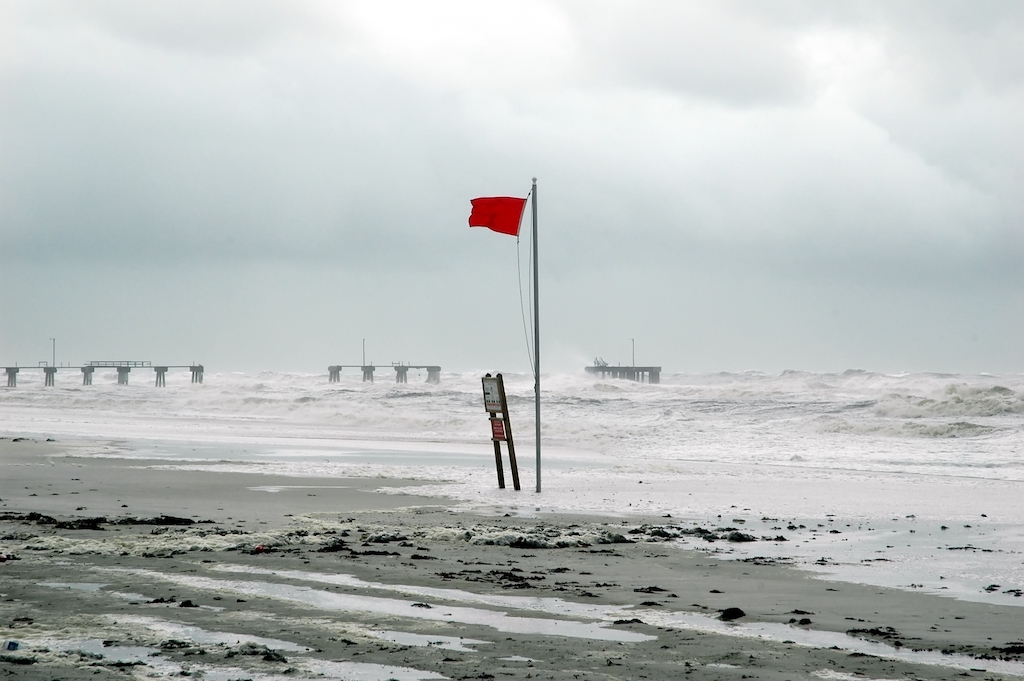June 1st marked the beginning of the Atlantic hurricane season – homeowners and businesses situated in vulnerable coastal areas should familiarize themselves with insurance laws to protect their properties and mitigate potential losses. Insurance coverage plays a crucial role in helping individuals and businesses recover after a hurricane. By understanding key concepts of insurance law, policyholders can ensure they are adequately prepared and knowledgeable about their rights and responsibilities.
 Photo Credit: Shutterstock
Photo Credit: Shutterstock
Policy Coverage and Exclusions
Understanding the terms of your insurance policy is vital. Review your policy carefully to determine what is covered and what is excluded. Policies typically cover property damage caused by wind, rain, and storm surges, but they may exclude certain perils like flooding or mold damage. It is important to note any deductibles, limitations, or exclusions that could affect your claim.
Duty to Mitigate Damages
In the event of a hurricane, policyholders have a duty to take reasonable steps to mitigate further damage. This means promptly securing your property, preventing additional loss, and documenting the steps taken to protect your home or business. Failure to fulfill this duty could result in reduced claim amounts or even denial of coverage.
Timely Notification
Inform your insurance company about any damage or losses as soon as possible. Policies generally require prompt notification to initiate the claims process. Document all communication with your insurer, including dates, times, and the names of the individuals you speak with. Timely reporting ensures a smoother claims process and avoids potential disputes.
Proof of Loss
After a hurricane, insurers often require policyholders to provide a proof of loss statement. This document details the items damaged or lost, their value, and the estimated cost of repairs or replacement. Take photographs and keep records of damaged property, including receipts and invoices. Providing accurate and comprehensive proof of loss is crucial for receiving the appropriate compensation.
Appraisal and Adjusters
In case of disagreement between the policyholder and the insurer regarding the value of the claim, the policy may have provisions for appraisal. This involves an independent assessment of the damage by a qualified appraiser. Additionally, insurance companies may assign claims adjusters to investigate the loss and determine the extent of coverage. Be prepared to cooperate with these professionals and provide them with necessary documentation.
Anti-Concurrent Causation Clause
Some insurance policies contain an anti-concurrent causation clause (ACC). This clause states that if multiple perils contribute to the damage, and one of those perils is excluded from coverage, the entire claim may be denied. Understanding the ACC clause is crucial, as it can significantly impact your claim settlement.
Flood Insurance
Standard homeowners’ insurance policies usually do not cover flood damage. If you live in a flood-prone area, consider obtaining separate flood insurance through the National Flood Insurance Program (NFIP) or a private insurer. It’s essential to understand the specific terms, waiting periods, and coverage limits of your flood insurance policy.


















